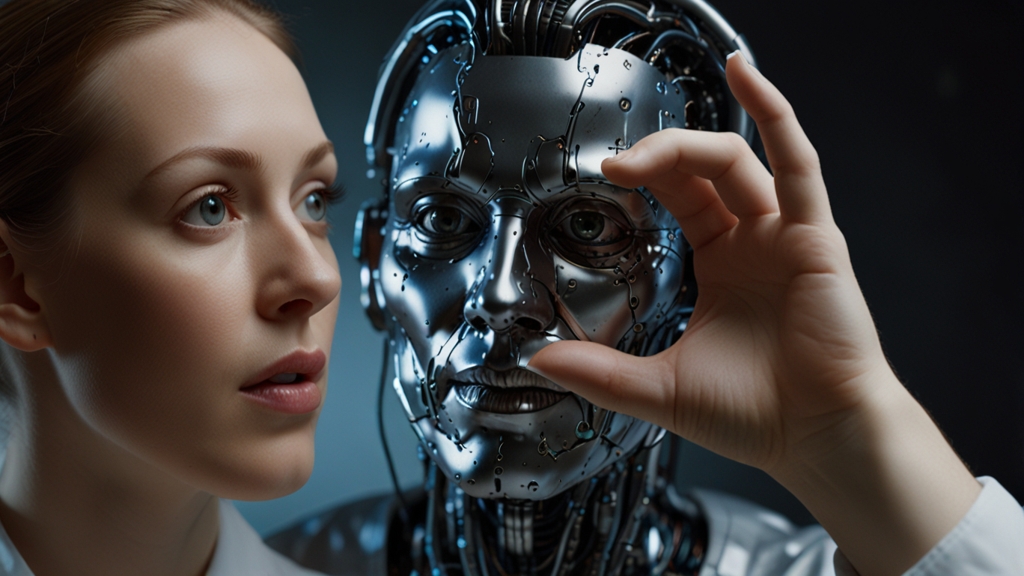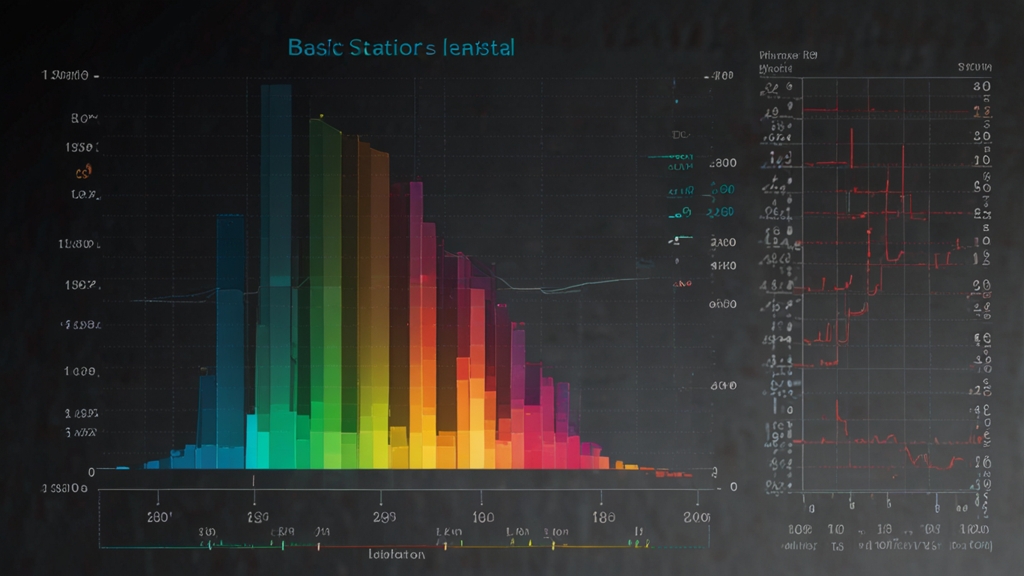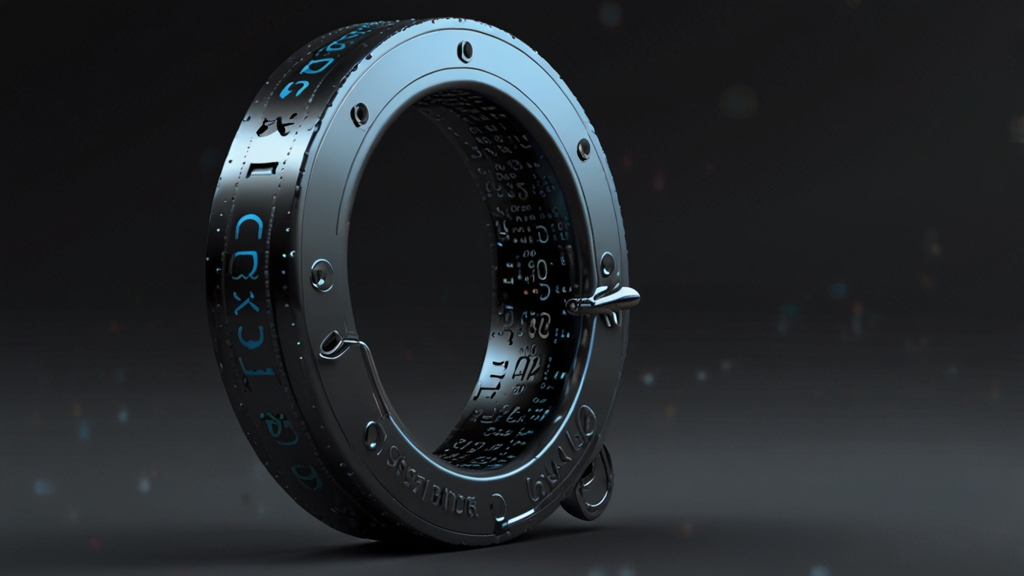The Ethics of Technology: Where Philosophy Meets Innovation
The rapid advancement of technology has fundamentally transformed our society, influencing nearly every aspect of our daily lives. From artificial intelligence (AI) to biotechnology, the innovations of the modern age present incredible opportunities and significant ethical challenges. It's essential to explore the intersection of technology and ethics, where philosophy meets innovation, to ensure we are guiding these advancements responsibly.
The Role of Philosophy in Technological Innovation
Philosophy has long been concerned with questions about human existence, morality, and the nature of knowledge. As technologies evolve, these philosophical questions become more relevant than ever. Philosophers and ethicists play a crucial role in examining the implications of new technologies and ensuring that their development aligns with ethical principles.
Ethical Considerations in Artificial Intelligence
Artificial intelligence, one of the most significant technological advancements of our time, raises numerous ethical questions. AI systems have the potential to revolutionize industries, but they also pose risks related to privacy, security, and bias. Ethicists advocate for transparency, accountability, and fairness in AI development to prevent misuse and ensure that AI serves the broader good.
"The ethical development of AI is not just a technical issue but a profoundly human one. It requires a multidisciplinary approach, engaging philosophers, technologists, and policymakers to navigate the complex moral landscape." - Dr. Jane Smith, AI Ethicist
The Ethics of Biotechnology
Biotechnology, including genetic editing and synthetic biology, presents another domain where innovation intersects with ethical considerations. The ability to edit genes has tremendous potential for curing diseases and improving quality of life. However, it also raises questions about the limits of human intervention in natural processes and the potential for unintended consequences.
"With great power comes great responsibility. The ethical use of biotechnology requires careful consideration of long-term impacts on humans and the environment. It's a field where philosophical inquiry is not just applicable but essential." - Dr. Alan White, Bioethicist
Privacy and Surveillance
The advent of digital technologies has significantly impacted notions of privacy and surveillance. The collection and analysis of personal data by governments and corporations can lead to unprecedented levels of control and influence over individuals. Ethical considerations in this area revolve around the balance between security and individual freedoms.
Philosophers argue that individuals have a right to privacy, which is essential for autonomy and personal development. As such, it is critical to establish ethical guidelines and regulatory frameworks that protect these rights while leveraging the benefits of data-driven technologies.
Environmental Impacts of Technology
Technological innovation also has significant environmental implications. The production, use, and disposal of technology contribute to resource depletion and environmental degradation. Ethical considerations here involve evaluating the sustainability of technological practices and their long-term impact on the planet.
"Sustainable technology development should be a moral imperative. We must integrate environmental ethics into technological innovation to ensure that we do not compromise the ability of future generations to meet their needs." - Dr. Maria Gonzales, Environmental Ethicist
Conclusion
The intersection of technology and ethics is a vital area of exploration as we navigate the complexities of modern innovation. By engaging with philosophical principles, we can better understand the ethical implications of our technological advancements and guide them in ways that promote human flourishing and sustainability. As technology continues to evolve, so too must our ethical frameworks, ensuring that progress is achieved without compromising our fundamental values and principles.










